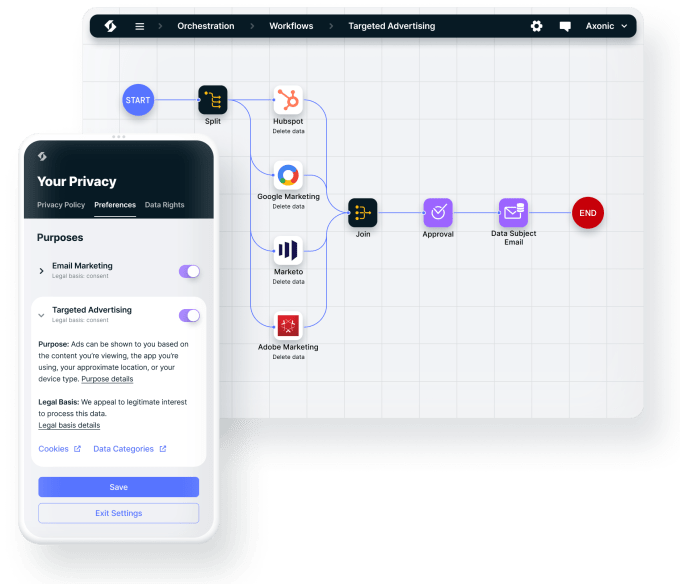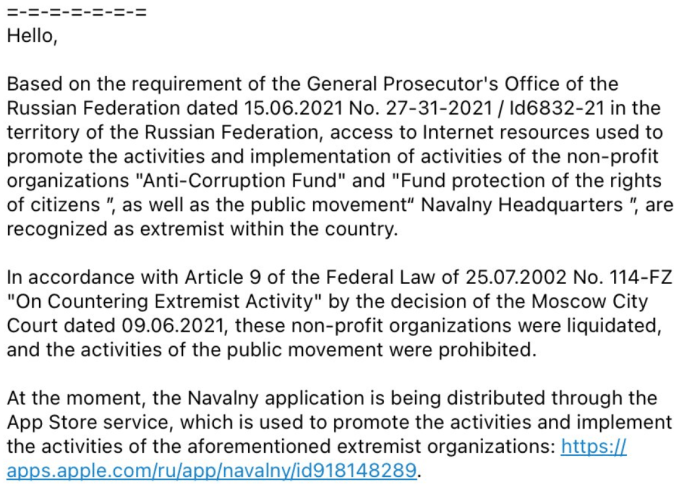- September 17, 2021
- by:
- in: Blog
To stave off the threat of talent poaching, which has long been a factor in the tech world, we’ve invested heavily in our culture and staff.
As the CEO of a tech company for 15 years, I have seen employees come and go for many reasons. But in the last four months, we have seen more turnover than in the previous two years combined. We’ve lost nearly 20% of our 50-person team. It’s putting a lot of pressure on our existing employees.
What’s driving this? During the current labor shortage, many talented workers now have unprecedented opportunities to increase their salary by making the leap to another company. Nationally, the labor force has been reduced by 3.5 million people — a level not seen since the 1970s — and employees have more negotiating power than almost any time in recent history.
In the last four months, we have seen more turnover than in the previous two years combined. We’ve lost nearly 20% of our 50-person team. It’s putting a lot of pressure on our existing employees.
With big employers looking for remote talent across the country, they can sometimes offer salaries 20% to 30% higher than what we’ve traditionally paid as a small company based in a smaller market.
To stave off the threat of talent poaching, which has long been a factor in the tech world, we’ve invested heavily in our culture and staff. Even before the pandemic, employees owned 40% of the company through an employee stock ownership plan established in 2016. But to make sure our compensation package stays relevant, we’ve tweaked it continually through the pandemic.
One of our biggest moves was to redirect some of the money we’ve traditionally set aside for employee development to help team members pay student debt, recognizing that many aren’t as inclined to take professional development courses as in recent years and there were lots of unused professional development dollars in the budget. After months of pandemic life, people didn’t have the time or desire to go to professional conferences, and many of those conferences weren’t happening anyway.
We were allowed to redirect the funds because of a little-known provision of the Coronavirus Aid, Relief and Economic Security (CARES) Act that we learned about when some of our team members saw a tweet about it. Employers are allowed to pay off up to $5,250 a year in student debt for employees without having to treat it as income from 2020 to 2025. This started a one-year program but was extended in December 2020.
To make sure the program was relevant to our company, we did a staff survey before rolling it out. We learned that out of our 40 to 45 employees, 20 said the reimbursement program would have a positive impact on them. That gave us the confidence to move ahead.
We started the program as a pilot, offering $1,200 in reimbursement to each employee per year. When that worked out well, we doubled it to $2,400 per year. It’s a way for us to stand out as an employer: Only 8% of employers had student loan repayment plans as of 2019, according to the Society for Human Resource Management.
There is a bit of setup involved in running a program like this. You need to run an educational assistance program (EAP) that complies with Section 127 of the Internal Revenue Code. And the program must benefit all employees equally — not just one group of employees. To makes sure those who didn’t have student debt could avail themselves of the funds, we continued our professional development program simultaneously. Any employee can submit for the reimbursement of professional development expenses from the same pool of money.
Fortunately, it did not take long to get set up. Once we did the research, it took us less than a month to draft our policy on the student loan reimbursements, publish it and let employees know about it.
To roll out the program, we announced it during a weekly video meeting with our staff. We made the application process very simple, asking employees to fill out a basic one-page form. To get reimbursed, employees have to submit a copy of a student loan bill from the past 12 months that showed how they made their loan payments. We cut them a check as reimbursement.
So far, the feedback on this program has been very positive. Many employees in our industry are on the younger side and struggling with mountains of student debt. Student debt forgiveness is something our employees need.
There is another benefit to the program: Tax savings. Employees can save on their federal tax and their share of payroll taxes. We, in turn, save on payroll taxes and also receive a compensation deduction equal to the amount of reimbursement we provide.
Although we’re bullish on student loan reimbursements, we recognize that this benefit, alone, isn’t enough to help us stay relevant and win the war for talent. The only way to know what matters to them is to listen to them, so we spend a lot of time doing that.
In response to concerns about the cost of living, we are now looking at programs like retention bonuses and 10-year bonuses. The challenge for a small company like ours is finding the money to support these bonuses. Most of our customers sign one- or two-year contracts, so we’d likely have to raise rates to add programs like this. And even if we do raise rates, it will take a while to see the effects in our budget.
Still, we’re willing to look for creative solutions. We want our employees to know we will take good care of them. It’s not only the right thing to do, but it ensures they can contribute their best to our company and aren’t distracted by concerns like whether they can afford to fill their gas tank to get to work.
My hope is that ultimately, once employees settle into working for us, we’ll be able to attract and hold onto the best talent by offering something that has nothing to do with money or benefit but has become more important to many people during the pandemic: A sense of belonging and purpose.
A job is more than just a job here. In a small company like ours, every person on our team counts. And in a small city like the one where we’re located, every employer matters to the community. By offering a workplace where smart people can come together to exchange ideas, enjoy each other’s company and make a difference outside of the pressure cooker of Silicon Valley, we hope we’ll keep attracting people who are looking for those things.
Will they get competitive benefits and compensation? Yes. But those things ultimately are part of a total experience that we will continue to put a lot of thought into, so we can keep our company thriving and growing.







